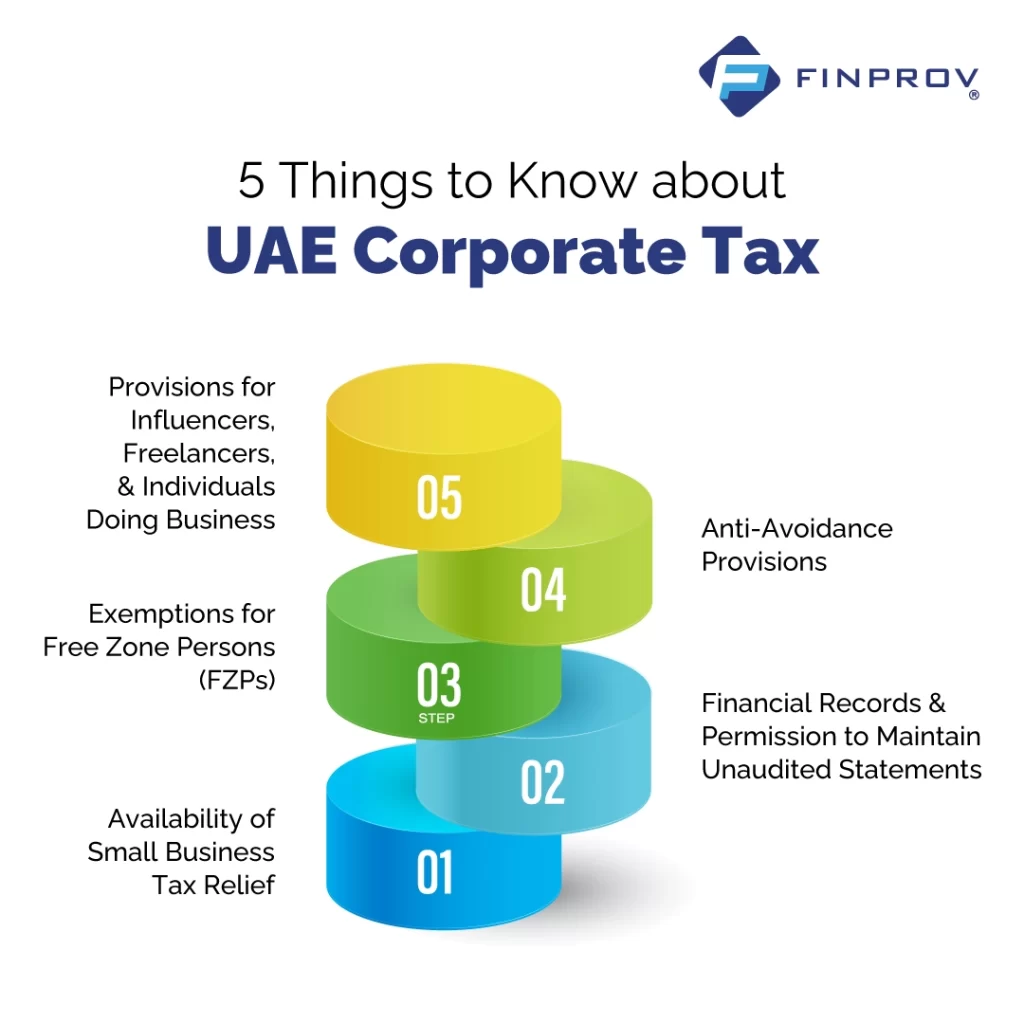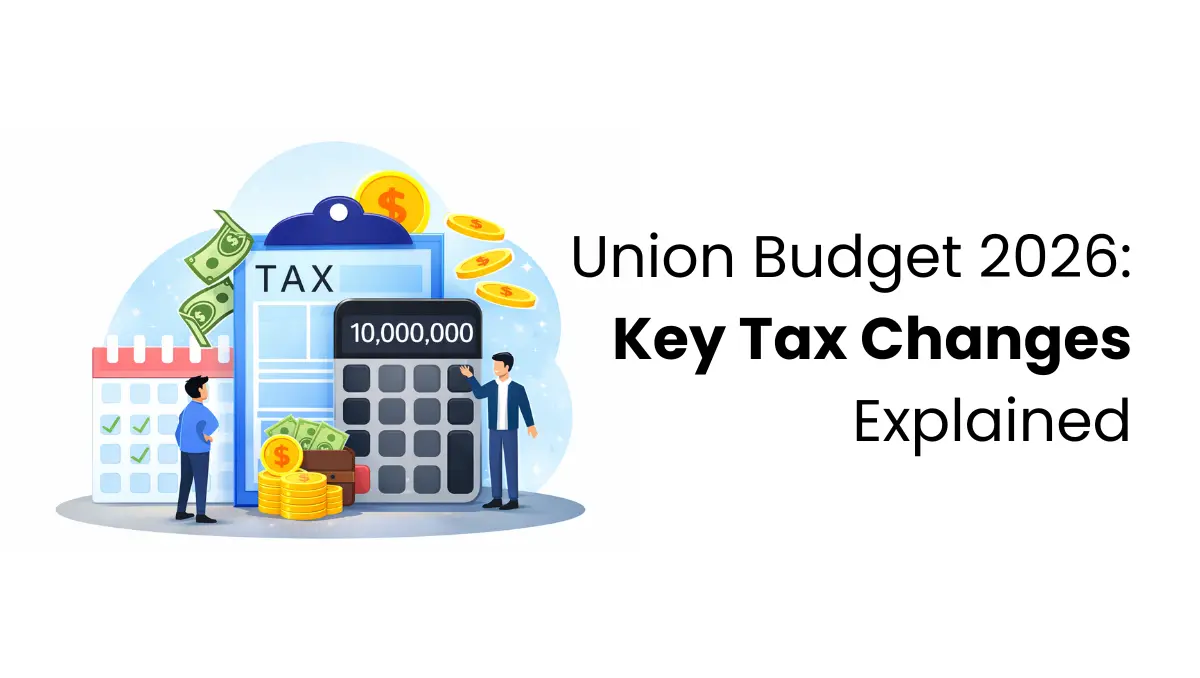The UAE corporate tax system requires taxable persons to pay taxes on their taxable income for each tax period. This tax is imposed annually, and taxpayers are responsible for determining the amount they owe to the government through a self-assessment process. To accomplish this, taxpayers must file corporate tax returns on the Federal Tax Authority website, allowing for accurate tax liability calculation and timely payment. The calculation of corporate tax is based on the taxable income, which is derived from the net profit or loss before tax as stated in the financial statement prepared by the taxpayer. However, certain adjustments may be necessary before arriving at the final taxable income for the tax period.
Registration for UAE Corporate Tax
Every taxable person in the UAE, including those under the Free Zone Persons category, must register for corporate tax. In certain cases, the Federal Tax Authority (FTA) may exercise discretion and ask exempt individuals to register for corporate tax. Upon successful registration, the taxable person will be issued a corporate tax registration number, which will be used for filing the corporate tax return for each tax period.
The corporate tax return filing must be completed within nine months from the end of the relevant tax period. It is essential to adhere to this timeline to ensure timely compliance. Within this period, if any corporate tax is owed, it must be paid promptly to the FTA. Failure to meet the payment date may result in the imposition of penalties.
5 Things to Know about UAE Corporate Tax

1. Availability of Small Business Tax Relief
Under the UAE corporate tax law, small businesses can benefit from tax relief. This provision is in addition to the 0% corporate tax rate applied to businesses with a taxable income of up to or equal to AED 375,000. To qualify for this small business tax relief, businesses must have revenue below a certain threshold, which is yet to be announced by the Authority.
The tax relief measures include simplified compliance obligations, and the taxable income of eligible small businesses is not subject to taxation during the tax period. However, businesses must make an election to the Federal Tax Authority (FTA) to be eligible for this small business tax relief.
Who can claim it?
Small business tax relief can be claimed by individuals as specified by the government or by UAE resident juridical persons, provided that all the qualifying conditions are met. The approval of the FTA is necessary before the small business tax relief can be granted to the business. It is important to note that revenue is calculated by considering both income and expenditure.
Group Relief
Additionally, group relief is available for transfers between group companies. However, this applies only to qualifying groups. The transfers must be conducted without altering the loss or gain for corporate tax purposes. To qualify as a group, the companies involved must not be members of an exempt person category or qualifying free zone person. One company must own 75% or more of the other, or a third party must own 75% or more of the entities involved. All group members must be ready with their financial statements using the same accounting standards of the same financial year. Furthermore, they must be juridical persons permanently residing in the UAE.
2. Exemptions for Free Zone Persons (FZPs)
Qualifying Free Zone Persons (FZPs) are eligible for tax exemptions under the UAE corporate tax regime. FZPs benefit from a 0% corporate tax rate on their qualifying income and a 9% tax rate on taxable income that does not fall under the qualifying income definition set by the Authority. It is important to note that the tax exemption applies solely to the qualifying income.
To be considered an FZP, a taxpayer must meet several criteria, including having a qualifying income, maintaining sufficient substance in the UAE, not being subject to the standard rate of UAE corporate tax (and not having elected to be subject to it), and complying with the transfer pricing requirements outlined in the corporate tax law. This list is not exhaustive, as the Minister may introduce additional conditions for taxpayers to qualify as FZPs.
Election to be Subject to Regular Tax Rates
There may be situations where a taxpayer has elected to be subject to the regular corporate tax regime, which would prevent them from being recognized as an FZP. If the conditions above are not met, the taxpayer will not qualify as an FZP, and the standard corporate tax rate will be applicable. This change will occur from the beginning of the tax period following the non-compliance. Every Free Zone entity must register and file its corporate tax return, even if it does not qualify as a qualifying Free Zone Person. The UAE corporate tax regime treats all Free Zone entities equally, and the same tax rate is applied to all of them.
3. Financial Records and Permission to Maintain Unaudited Statements
Financial Recordkeeping
According to the UAE corporate tax regulations, taxpayers must prepare and maintain financial statements to calculate the applicable taxable income. The taxpayer must maintain these financial statements and other records used for filing the corporate tax return or any related filings required by the Authority. Even if a business falls under the exempt group or persons category, it is still necessary to maintain records demonstrating the exemption status and explaining the reasons for the exemption. The Authority stipulates that all related records and documents must be retained for at least seven years, starting from the end of the tax period.
Tax Group
Suppose a taxpayer has applied for and been approved to form a tax group by the UAE corporate tax law. In that case, consolidated financial statements can be used to prepare the corporate tax returns. This provision applies only to UAE resident entities. To be eligible for tax group status in corporate tax, the parent company must hold at least 95% of each company’s share capital and voting rights. If a business is not part of a tax group, it must prepare individual financial statements as the corporate tax law requires.
Auditing Requirements
Every entity subject to corporate tax doesn’t need its financial statements audited. Only entities specified in the Minister’s decision must prepare audited financial statements for corporate tax purposes and maintain these records as corporate tax law prescribes. Unaudited financial statements are sufficient for the remaining businesses and should be retained for as long as necessary. However, if requested by the Federal Tax Authority, financial statements may need to be submitted when filing the tax return.
4. Anti-Avoidance Provisions
Overview of Anti-Avoidance Provisions
While specific anti-avoidance provisions have not been explicitly stated in the UAE corporate tax regime, general anti-avoidance provisions are included. The tax authority has seven years to conduct audits and apply anti-avoidance measures. If any discrepancies or issues are identified during this period, the tax authority may impose penalties on businesses based on non-compliance. These penalties typically take the form of interest payments and other fees the business must pay within a specified timeframe.
Significance of Anti-Avoidance Provisions
Anti-avoidance or anti-abuse provisions/rules (AAR) are implemented to prevent businesses from exploiting a particular tax regime. They aim to ensure businesses accurately reflect their financial position and not unintentionally manipulate the tax law. These provisions help prevent scenarios where businesses attempt to reduce their tax liability, avoid withholding tax compliance, obtain undue tax refunds, or defer corporate tax payments for unfair advantages over other taxpayers. While the inclusion of AAR in the UAE tax regime is relatively recent, it has already been implemented.
Implementation of Anti-Avoidance Provisions
The tax authority considers various factors to determine whether a business is engaged in unfair practices to gain tax-related advantages. Factors such as the timing of transactions and the nature of operations are considered. For instance, if there is a sudden change in business operations, it may attract the attention of the AAR. Similarly, suppose a business owner starts withdrawing or transferring funds from the business account to their account. In that case, the AAR can question such actions, particularly if they deviate from previous practices.
5. Provisions for Influencers, Freelancers, and Individuals Doing Business
Individual and Corporate Tax
In the UAE corporate tax regime, individuals are considered natural persons. Only individuals engaged in business activities are subject to corporate tax following the UAE rules outlined in the Cabinet Decision. Individuals not falling into this category are not subject to the corporate tax regime. An entity falls under the natural person category if it is engaged in specific business activities and is permitted to establish a civil company or operate as a sole proprietorship. Suppose an individual is involved in multiple business activities. In that case, they are required to file a single corporate tax return that encompasses all the business activities falling within the scope of corporate tax.
Taxable Income for Individuals
Corporate tax does not apply to an individual’s salary or other employment income. This includes income earned while working in the private or public sectors. Taxable income for individuals includes earnings from business activities conducted within the UAE, even if the income is derived from outside the country. Taxable income is simply the income the individual earns when operating a business within the UAE. However, the individual’s interest income and personal investments are not subject to corporate tax. Additionally, returns on investments are also exempt from corporate tax.
Provisions for Freelancers and Influencers
Freelancers and influencers are considered self-employed individuals. They are subject to UAE corporate tax only if they engage in a taxable business activity specified by the Cabinet Decision. The details regarding the business activities that would subject these individuals to corporate tax have yet to be disclosed. Self-employed individuals, including freelancers and influencers, may be eligible to apply for small business relief if they meet the conditions established by the Authority. The Federal Tax Authority (FTA) will provide further information regarding these provisions.
Enrolling in a UAE VAT course is an excellent opportunity to enhance your practical knowledge of Value Added Tax (VAT) and broaden your career prospects in GCC countries. These courses provide the necessary skills and expertise to secure rewarding job opportunities efficiently. With the complexities involved in managing VAT processes for businesses, Finprov offers comprehensive courses tailored for graduates and professionals and valuable placement assistance.
Our UAE VAT course covers various essential topics for understanding and implementing VAT regulations. These topics include the fundamental concepts of VAT and its operational framework, the VAT registration process, the implications of VAT on import and export businesses, invoicing and documentation requirements, VAT compliance and filing obligations, accounting entries, recordkeeping best practices, and penalties for non-compliance. By gaining proficiency in these areas, you can excel in various career paths such as VAT Executive, VAT Consultant, Finance Manager, Senior Accountant, Tax Executive, VAT Expert, Billing Clerk, Sales Accounting Manager, or office work.










